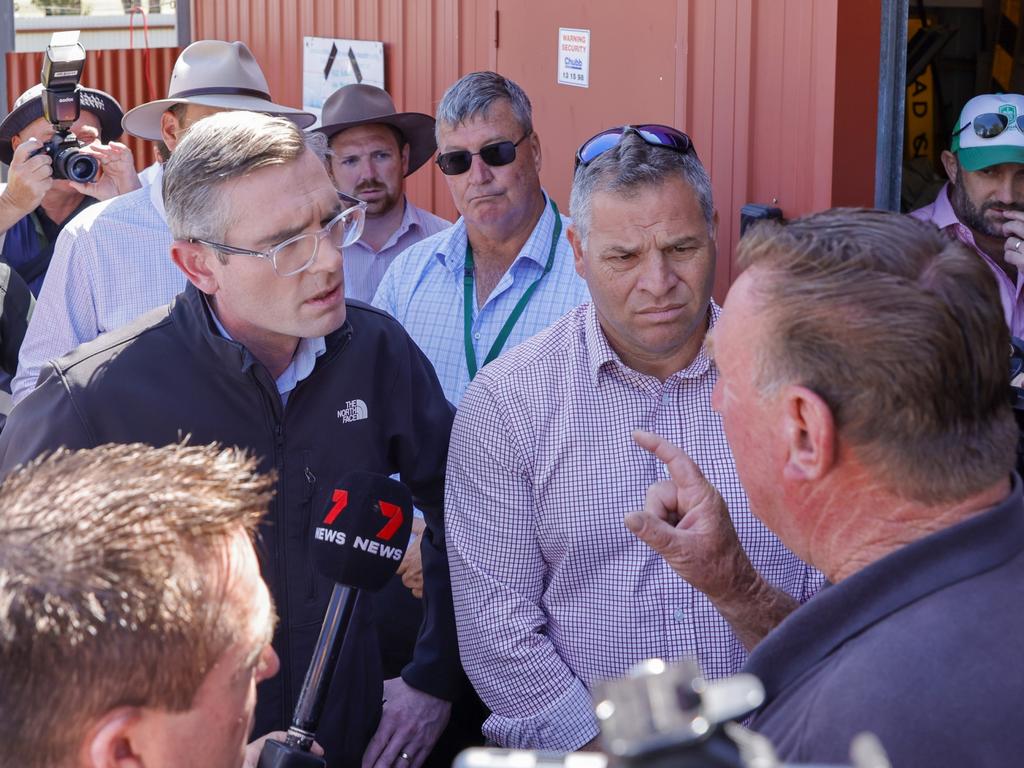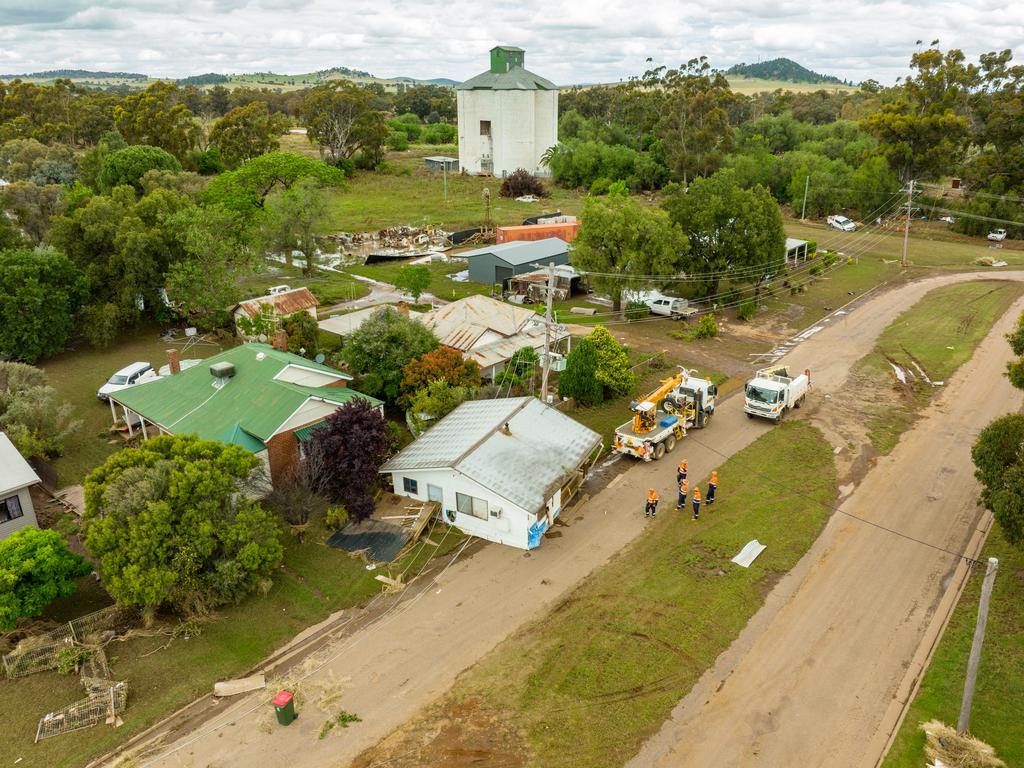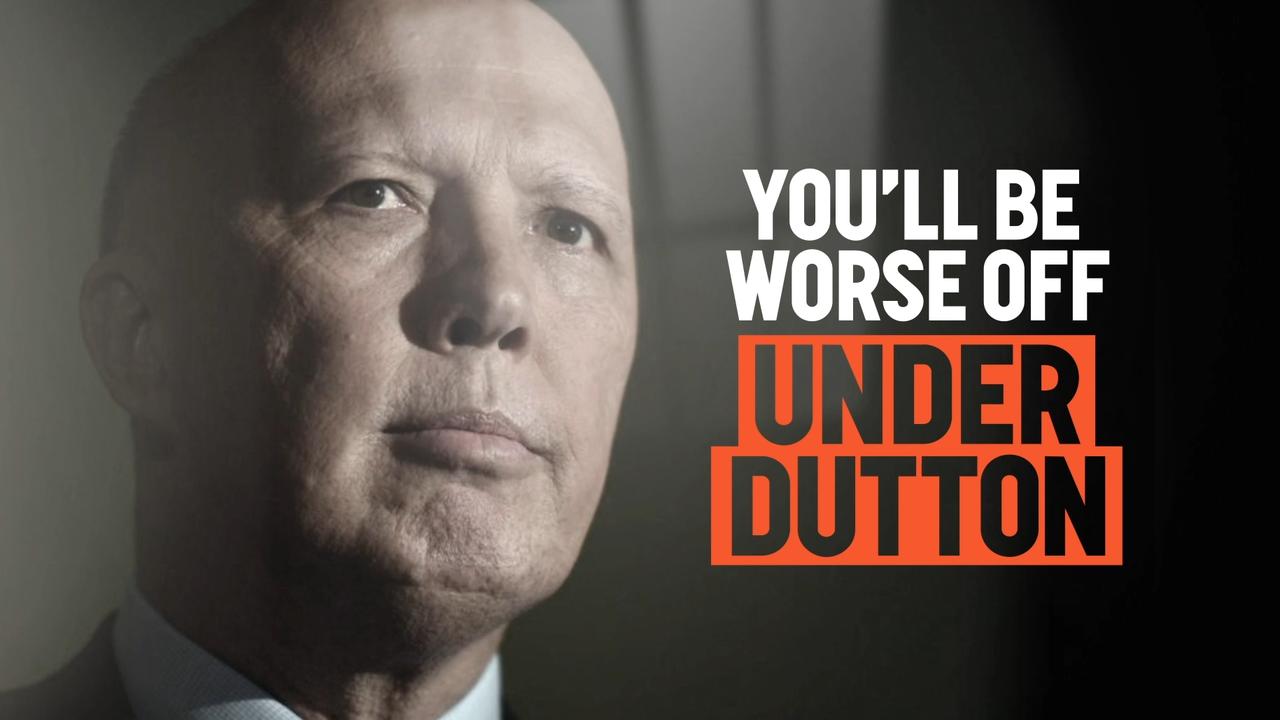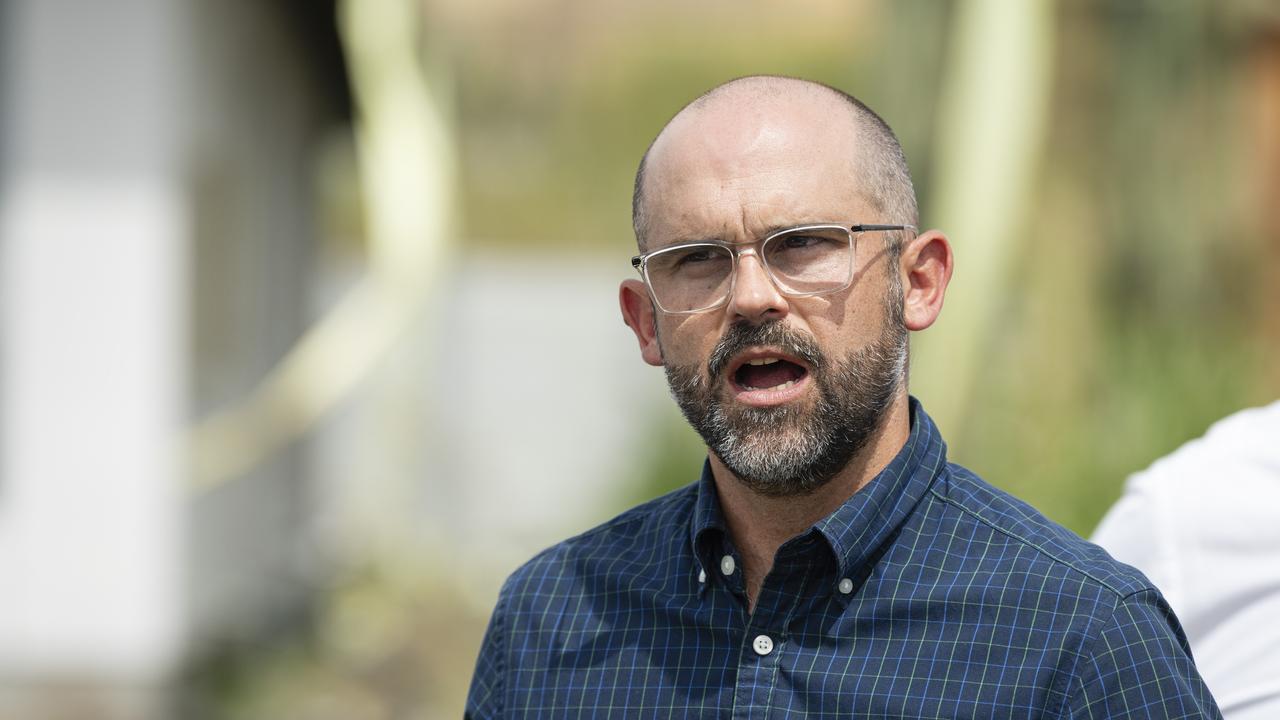Flood-hit residents left high and dry
Sharon Marshall is one of hundreds, perhaps thousands, of Northern Rivers residents still displaced by the natural disaster.
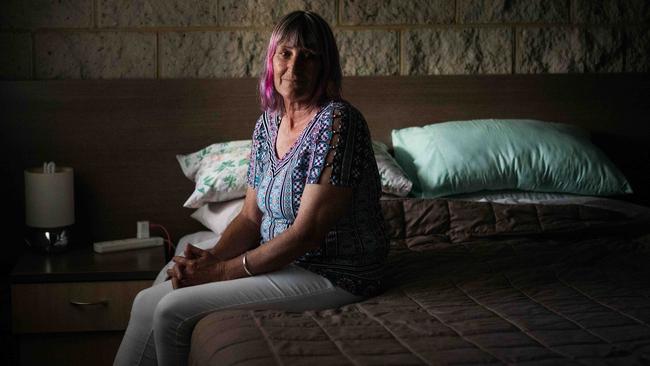
Sharon Marshall doesn’t expect a lot from life. She doesn’t ask for much either. ‘I go to work, I come home, I have a shower and I go to bed’’ is how she describes an average day.
The 56-year-old is a cleaner at a Lismore school, starting work each day at 5am and toiling 13 hours straight on Fridays. It’s not high-paying but it covered the rent on her modest place at a local caravan park until it was swamped in February’s monster flood that drowned Lismore’s CBD and surrounding suburbs.
Ten months on, she’s been living month to month in a state-funded motel room 40 minutes’ drive from Lismore, one of hundreds, perhaps thousands of Northern Rivers residents still displaced by the natural disaster.
Marshall* has applied for 57 rentals and missed out every time – “sometimes there’d be a line of people around the block for one small flat” – and she wonders when the 2000 temporary homes promised by the NSW government in April will materialise.
Like other flood survivors shuttled between motel rooms and caravans around the Northern Rivers and up as far as Queensland’s Sunshine Coast, she can’t move forward with her life and she can’t move back. She can’t afford to leave the area and lose her job but she doesn’t want to live like this either.
“I keep thinking I’ll end up in my car,” she says.
Marshall is at one end of a great divide that’s opened up in Lismore over what to do with the city’s displaced people: the tenants whose rentals were lost, the owners still carrying hefty mortgages on houses they can no longer live in, the homeless, the couch surfers, the car sleepers.
This riverside city, one of the most flood-prone urban centres in Australia, was at the epicentre of February’s record-breaking disaster. About 821 homes in North and South Lismore were destroyed or badly damaged and thousands more across the Northern Rivers went under, worsening an already dire housing situation.
Just 52 of the state government’s promised 2000 temporary housing pods have arrived in Lismore and about 300 temporary units have been built in the region, though more are underway.
Plans to construct pods at the Hepburn Park sports grounds in Goonellabah, a suburb high on the flood-free plateau above Lismore, would have significantly helped, supporters say.
But they were scuttled in an ugly debate that seemed to fracture this fragile community along class lines: the high and dry versus the flood-affected, left and right, rich and poor …
The city that pulled together in extraordinary ways to save each other that hellish night when streets turned to raging rivers is now pulling apart, a divide as steep as the ridge that separates the low socio-economic flood plains from the wealthier hillside suburbs.
The local council and Resilience NSW, the now-defunct agency charged with disaster recovery, were at odds over suitable sites for more pods, and in the Hunger Games-style race for homes, displaced residents debate who is more worthy.
Many say affordable rental properties are near impossible to secure while real estate agent and Lismore City councillor Andrew Gordon counters that he has rentals sitting empty because people are holding out for the government’s free temporary housing.
For all the love, support and goodwill that’s still to be found here, there’s an element of fear and loathing too.
There will be no temporary accommodation on sports grounds at Hepburn Park. In the debate over where to house flood survivors, words such as paedophiles, drug addicts, criminals and “those people” washed through council meetings and community Facebook pages like the murky water that swallowed so many homes.
“On February 28 the community was one: we were Lismore and everyone came to help,’’ says Marcus Bebb, a council worker who lost his house in South Lismore.
“In the months since then a massive divide has opened up between the flood affected and Goonellabah. The Goonellabah people don’t want to know about us, they don’t want (temporary accommodation) pods there, they don’t want us shopping there. They want us down here.’’
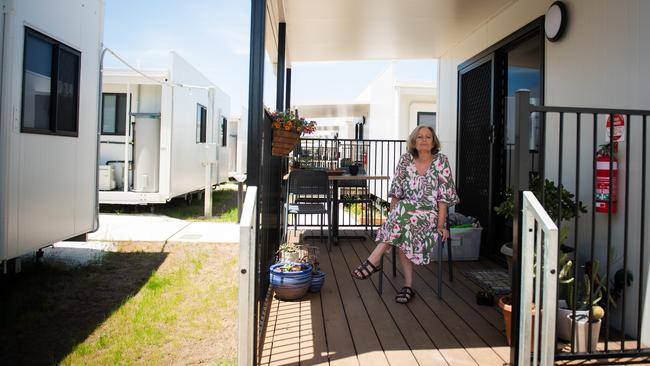
LAND BATTLE
There were many reasons to keep temporary housing off Goonellabah’s sports grounds says mayor Steve Krieg, who lost his home and two businesses in the flood. Nevertheless, he supported the first plan Resilience NSW put to council to build about 240 self-contained modular homes on Hepburn Park.
The pods would have accommodated more than 750 displaced people rent-free for up to two years, giving them time to sort out their damaged homes, learn more about the government’s house buyback and retrofitting scheme, or secure another rental. The buildings would have then been removed and the park rehabilitated. When that plan was voted down a compromise for about 52 pods consuming about a quarter of Hepburn Park also failed.
Residents and sporting groups rallied to save their park, citing the numbers of people who use the facilities, the importance of green space and sport for mental health and the need for routines and certainty for the kids who played there. They wanted a solution for the city’s displaced, they insisted; Hepburn Park wasn’t it.
Their argument didn’t go down well with the flood-affected. When residents said they wanted to keep the park because they walked their dog there, the flood victims heard: their dog is more important than my kids. When objectors talked about the importance of sport for the city’s kids, the displaced wondered how sport could be more important than basic shelter for their kids.
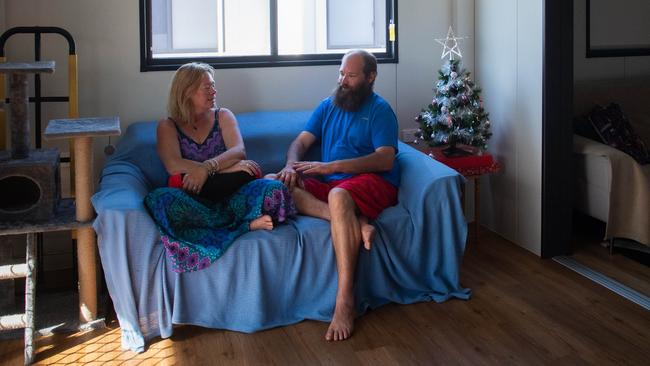
EMOTIONS RUN HIGH
When Lismore City councillor Big Rob warned of the potential social problems in packing so many people together in temporary housing, relating his experience managing boarding houses and mentioning the riffraff and criminals that he deals with, the flood-affected thought: he’s calling us all criminals.
“When I said publicly that we were going to have issues with paedophiles and drug users in these pods I wasn’t calling all flood survivors paedophiles and drug users,’’ Big Rob says.
“It’s saying that in my job working with lower-socio-economic groups in housing over seven or eight years I regularly deal with drug users and police arriving to arrest a paedophile … When you have people thrown into close proximity they’re ultimately going to be the lower-socio-economic groups, mainly, because they’re the ones that don’t have anywhere else (to go) or other options usually. This is how normally things work – it’s not me being insulting or rude, it’s just experience. People with money are going to rent somewhere out of town or stay with friends … they’ll have another option.”
Krieg settles on a diplomatic response. “I’m a victim myself. I don’t stand by the fearmongering in and around the words used in our council meeting: criminals, paedophiles, drug addicts. That’s categorising flood victims like myself. I think we need to have a social conscience and if we can’t look after our own, then who’s going to? But I lost the argument and we move on.”
At an emotional council meeting last month, councillor Darlene Cook was more forthright. “I am appalled by the number of people who believe their sport is much more important than the welfare of so many of our community who are flood affected,’’ she said. “People have campaigned saying they don’t want ‘those people’ living in their neighbourhoods. Flood survivors are our friends, our neighbours, they are our community … they deserve our respect.”
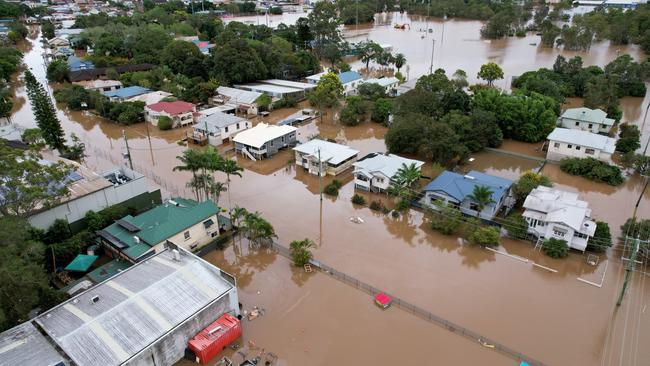
ROW WITH THE STATE
In the wash-up, many councillors can agree on one issue – the now-defunct Resilience NSW, they say, never properly consulted with them over Hepburn Park, which was always going to be contentious. Private landholders in the local government area have offered up land for housing, including temporary accommodation, and councillors want this option explored.
“We get that there’s a problem (with housing),’’ Big Rob says. “But we have private landholders offering up their land. Go and make a deal with them to build permanent housing and emergency housing there. We are responsible to ratepayers and there was overwhelming opposition to using Hepburn Park. What do you do, just ignore them?”
Flood Recovery Minister Steph Cooke says Resilience NSW had been in constant negotiations with Lismore City Council over temporary housing sites.
“Two locations, Hepburn Park and Clifford Park, have been put forward to Council on three occasions for consideration but have been rejected,” Cooke says.
“(The state government) continues to investigate a range of temporary housing options, including on private land.”
Cooke notes that more pods, part of the NSW Government’s $350m temporary housing announcement, are being constructed in Ballina, Brunswick Heads and Mullumbimby and hundreds of caravans and motorhomes have been delivered to the region.
Meanwhile Marshall returns to her motel room every night, hunting for a rental, wondering whether she might get a pod.
And a local teacher and single mum sends a message about her situation. She’s renting an overpriced unit outside town while still paying a mortgage on the house she can’t move back into. “We are living in poverty and off food vouchers even though I work full time as a teacher,’’ she writes.
“We are all in survival mode just trying to get through the day.”
LIFE IN A POD
Marcus Bebb is a labourer with Lismore City Council and he knows he’s one of the lucky ones. He has just knocked off work when he greets me at the front gate of Lismore’s only temporary pod village on Southern Cross University land in East Lismore. (Unlike Hepburn Park this development didn’t require council approval.)
Bebb, his wife Leonie and their three teenage kids have been living in caravans parked at the showgrounds for the past six months, still paying $400 a week off the mortgage of their badly damaged house, raised high enough to be flood proof, they’d thought, until it was inundated.
His relief is evident as he shows me around the neat, new three-bedroom modular home, one of 52 units that can accommodate a total of 200 people. It came fully furnished and rent free for 12 months, a stopgap measure while Bebb sorts out his insurance (unlike many he had flood cover) and finds somewhere else to live. “Once I pay the mortgage, if I had to pay the rent on a three-bedroom house in Lismore I’d walk out at the end of the week with nothing,’’ he says. “This just gives us time and space to breathe while we sort out what comes next.”
He’s watched the debate over temporary accommodation with dismay. “To have councillors sit in the council chambers as representatives of the community and call us alcoholics and paedophiles and drug addicts and low lifes … community pride takes a hit when you have shit like that happening.”
There have been no issues in this pod village, Bebb says, and he wouldn’t have moved his kids here if he had an inkling it wasn’t safe. “Management is on site 8am-4pm and security onsite 4-8 every night so any issues they’d be able to jump on it pretty soon,” he says.
NEW CHALLENGES
At Wollongbar, between Ballina and Lismore, Denise Lowe shows off the succulents she’s nurturing on the deck of the two-bedroom pod she shares with 16-year-old son Josh. Christmas decorations flutter from verandas and fresh landscaping softens the rows of cabins lined up like demountable classrooms.
About 107 temporary homes for 336 people have been constructed here on sportsgrounds a short drive out of town.
Since her rental home flooded in February, Lowe has been shuffled through different types of emergency accommodation, all the while worrying about Josh as he heads into his HSC years. “I’ve never felt like such a failure as a parent,’’ she says, in tears.
The former aged care worker had to stop working after suffering an injury at work and has been getting by on Centrelink. Now secure in her pod, she’s looking ahead and planning to look for a desk job in January.
“It’s been such a bad year, so hard for everyone,” she says. “When I first saw this place I cried; it’s really nice here. The pods are well set up, they’re furnished, they’re airconditioned, and they’re free for at least a year. I know that upsets some people but most people here have lost everything. Everyone is so stressed, so traumatised by what happened. The people who are here are not bad people, they’re people like me who are glad to be somewhere.”
Finally, as this story is about to be published, some good news from Marshall the cleaner “I found a rental! I got one. Finally!” She’s applied for 57 rentals. Number 58, a one-bedroom flat in Lismore, is her lucky number.
* surname has been changed



